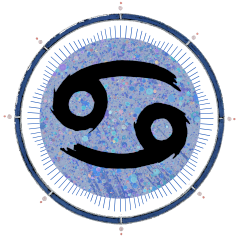Fear is dominating the lives of many right now, and is being used as everything from a political wedge to a marketing device. While society is managing a crisis, we stand collectively at a branching of the road, and a time of decision — one that we are almost certain to miss if we remain obsessed by fear, and in particular by frantic retreat from one another.
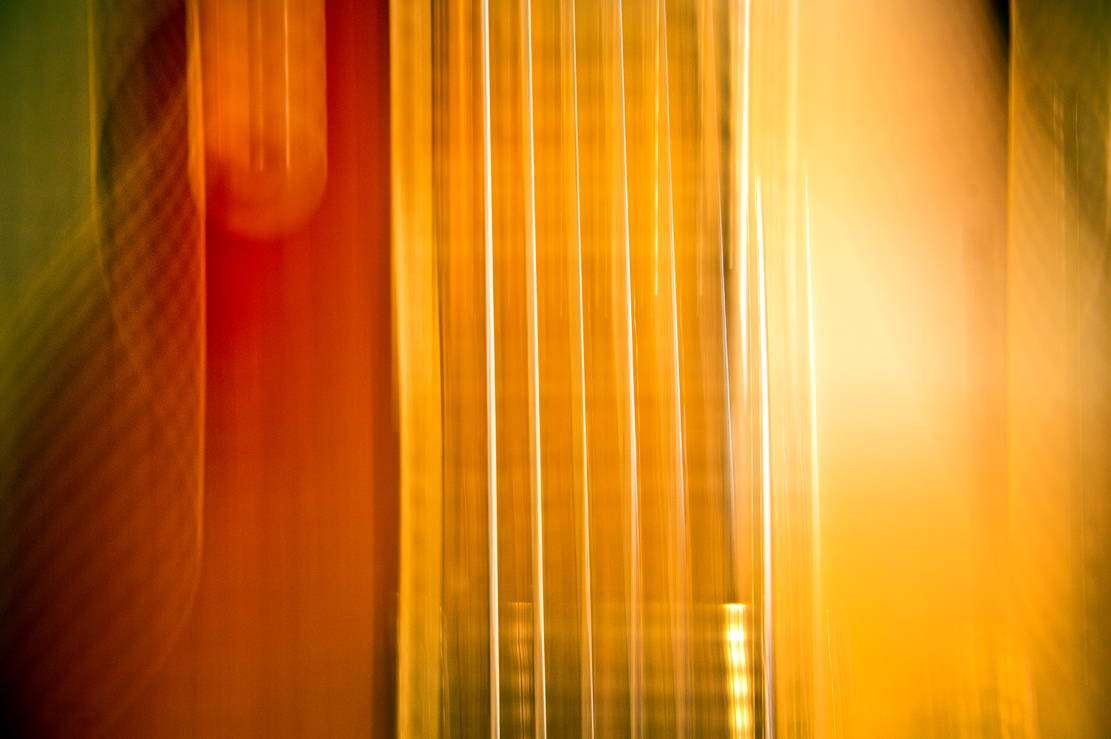
Posted on June 11, 2020 | Link to original
“Reason has no place at all in madness, nor can it be adjusted to fit its end. Faith and belief are strong in madness, guiding perception toward what the mind has valued. But reason enters not at all in this. For the perception [of illusion] would fall away at once, if reason were applied. There is no reason in insanity, for it depends entirely on reason’s absence.”
— A Course in Miracles, Chapter 21
“The Function of Reason”
Dear Friend and Reader:
Anyone familiar with a spiritual path has been taught that there are two ways to guide our lives, by love, or by fear. We’ve all heard this over and over again. Personally figuring out that it’s true is another matter. Remembering to make the choice between them, consciously and whenever necessary, is yet another.
In theory, the difference is easy to see, and the choice is an obvious one to make. In reality, it’s much more difficult, because fear is so compelling, and it’s a contagious substance. We also place a high value in our culture on being afraid, and on living in crisis rather than solving problems.
Even on the most personal level, living one’s truth presents challenges. Jonathan Livingston Seagull reminded us that doing so can be alienating from those who are not interested. If you know you are not like those other gulls, you’re likely to feel alone, and that is untenable to most people.
Fear is dominating the lives of many right now, and is being used as everything from a political wedge to a marketing device. While society is managing a crisis, we stand collectively at a branching of the road, and a time of decision — one that we are almost certain to miss if we remain obsessed by fear, and in particular by frantic retreat from one another.
In many ways, fear would seem to be an appropriate response to a government that millions are demanding stop arbitrarily killing people in the course of routine police work, and at the same time, that we are trusting to take care of us. "Taking care" means being helpful and not using the pandemic situation as some combination of a political power play and a vast commercial opportunity. Were recent events seen honestly, that would be a real stretch.
This is the classic double bind of child abuse: depending on one’s abuser for survival. The same government that dishes out chokeholds, beatings and pepper spray is the one we rely on for health "care," ventilators and contradictory information.
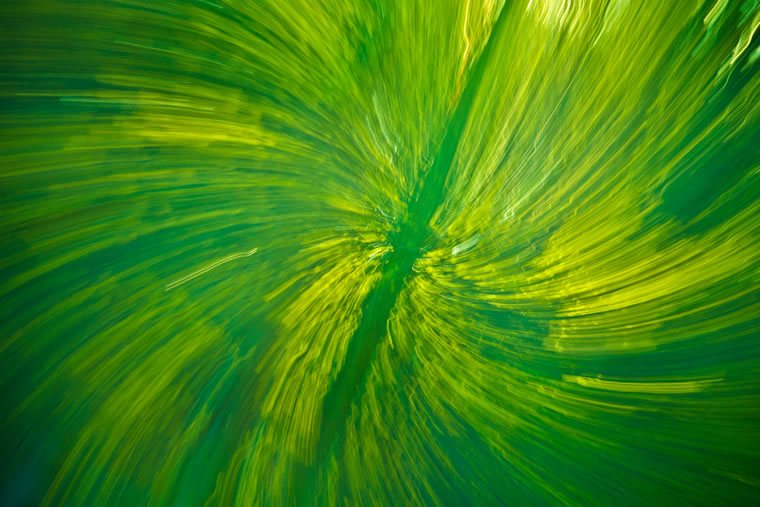
Environments are Difficult to Perceive
In this article I plan to begin a discussion of the astrology between now and Dec. 21 — which points to Aquarius, where Jupiter, Saturn and Pluto are all headed. This is a moment when the psychic substance we work in is especially soft and pliable, and when it is easier to make decisions and change patterns than it will be later. I will have additional details next week, especially about Mars retrograde.
The Jupiter-Saturn conjunction that happens on that day is set in the context of Pluto making its transition into Aquarius between March 2023 and January 2024. We are now entering a 24-year phase of astrology, a transition into a world we might not recognize if given a glimpse of where we might be toward the end of the cycle, say around 2040.
The overwhelming influence of Aquarius calls for seeking an understanding of the social environment and also how it is now dominated by an electrical communication network through which nearly all thoughts, feelings and ideas are transmitted — including our location, biometric data and information about all of the people we know. When you hear the term "5G," think "internet of things," where the goal is to have every last object connected to the network: every toaster and car and dog collar and all the cameras that surround us, along with your body temperature and when you ovulate.
The problem with environments is that they’re difficult to perceive, which makes their effects very difficult to perceive. They change gradually, and then we catch up all at once, if at all. While they are developing, we hardly notice them; it’s as if they don’t exist, or show up in the form of some cool new thing. It’s like when your neighbor is out with a leaf blower that’s running for 20 minutes, and then it stops, and you notice it. This particular set of conditions is not letting up, however.
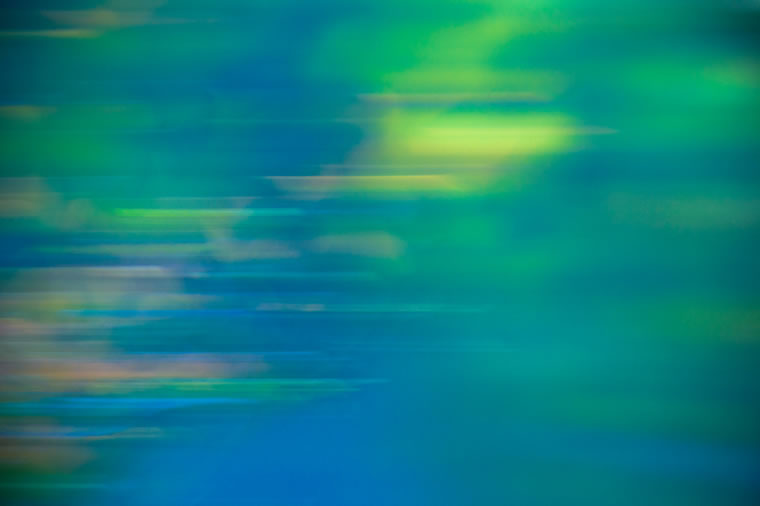
The Two Kinds of Compassion
Even under seemingly positive conditions, people tend to worry about the future more than they work to create it. As a society, we tend to ignore our opportunities to make the world better, or we get so caught in anxiety and uncertainty that we miss the moment. This leaves the future largely in the hands of people who plan — usually very large companies, who design products and marketing campaigns — and also the government (which along with industry is now functioning more than ever as one entity).
Our moment calls for greater awareness and participation, in ways that go beyond marching in the streets. Maybe by the end of this article I’ll have an idea what that might look like. However, I know what it does not look like: a lot of terrorized, traumatized, confused people who will do whatever they are told, and believe what they are told even when it contradicts itself or their own knowledge. That is not the path of love. Love, therefore, would be some other thing, some other feeling or quality or environment or state of being.
When he was speaking in Woodstock in the late 1970s, Chogyam Trungpa Rinpoche was asked by an audience member about compassion. He said there are two kinds: what your grandmother feels for you, and the truth. We could say that commitment to truth is the measure of commitment to love. That means being willing to challenge one’s own perceptions. The alternative is coddling one another’s anxieties in the midst of creepy discussions of mandatory vaccination, immunity certificates linked to travel and commerce, and facial recognition technology.
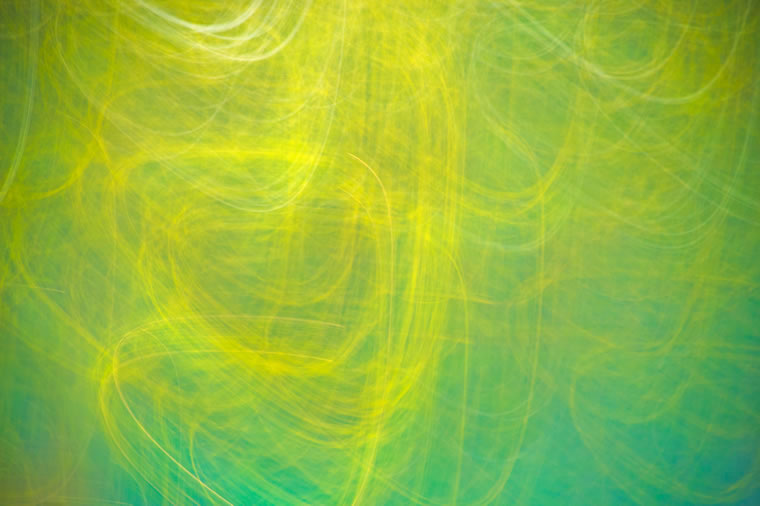
Between the Conjunctions
The year 2020 includes two generational conjunctions — rare events that describe points of no return. We began with Saturn conjunct Pluto on Jan. 12 (an approximately 36-year event), and conclude with Jupiter conjunct Saturn (a 20-year event). We are now in the interval between these events, when we have an opportunity to make some changes.
Track history and you can see how either of these kinds of conjunction would signify dependably momentous changes on its own. Put them together into the same timeframe — inside of one year is very close — and we’re looking at something truly unusual, which is exactly what we’re getting.
In Monday’s column, What is Real and What is Not, I concluded by saying, "We now live in the interval of deciding what kind of society, and what kind of world, we want to live in. We now live within the delicate, transitory and formative moment between two major conjunctions: Saturn-Pluto on Jan. 12; and Jupiter-Saturn on Dec. 21. All the events between them serve as a bridge between these two landmarks. We are on that bridge right now."
I take a low-key approach to astrological developments. However, by now we can acknowledge that this unusual pattern of events is describing world conditions we must address consciously. Many astrologers have previously noted this would be a life-changing year. I and others made the connection to 9/11 (the most recent collective Saturn-Pluto event, at the opposition).

From Capricorn to Aquarius
However, we are now on notice about the significance and power of this astrology. If you look just a little past the virus, and the virus scare, and its immediate impact, it’s possible to see just how much is on the line, though not exactly pleasant. Imagine a world where everywhere you go, you have to prove you don’t have one particular disease. This has already begun in the United States.
For events to move from Capricorn to Aquarius is akin to moving from the past to the future. Saturn conjunct Pluto in Capricorn looks like the collapse of some old order of society and consciousness. Capricorn represents the known order, and this has been collapsing on a regular basis, before our eyes under Pluto in Capricorn. Saturn is pushing matters to a crux point. Everything unresolved is coming up. The story of our moment is not that there’s a virus loose.
It’s that every issue is bubbling to the surface at the same time: chemical contamination and global warming and the quality of our food; the impact of medications and nutrition on our lives; economic injustice, and racial injustice; and the positively insane overload of information and disinformation in the digital environment. Everything is up for grabs. Not everyone is within equal reach.
Based on my careful reading of the astrology, and of society, we have approximately a six-month interval to decide what kind of society we want. Whatever options we see, and whichever ones we choose, the results will take place in Aquarius. I see the possibilities going in two main directions. As we are speaking in binary concepts here, these may correspond to love and fear.
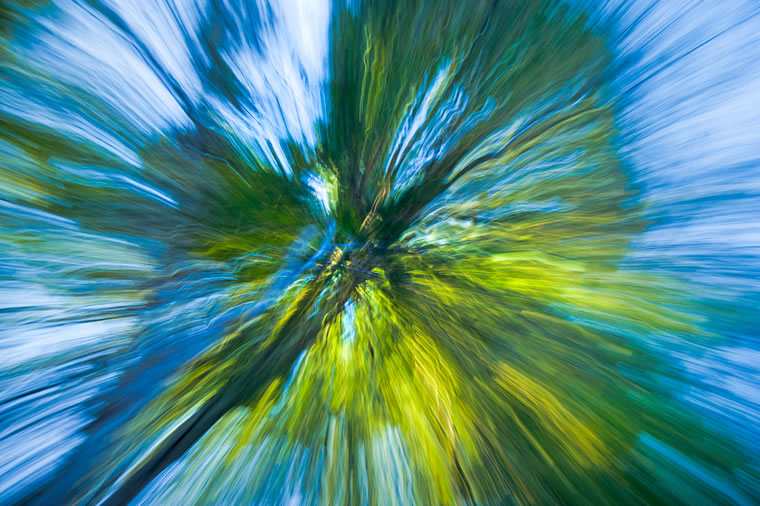
Aquarius: Individual Meets Collective
On the deepest levels, Aquarius is about where the individual meets the collective: where a person engages with society and how it feels. In many ways, that is the story of our lives. Every individual life is shaped by contact with some wider social life, and also a wider public life.
Much of the interaction is determined by the individual’s state of mind. If someone has a strong need to individuate, they are more likely to stand apart from what they don’t accept, or what does not work for them. Many people feel this need, and then keep giving up every time they get a chance to express it meaningfully.
Alice A. Bailey said that Aquarius works on two levels: mass consciousness and group consciousness. A mass is like the crowd in a football stadium. It moves, in total. Masses do not in any way require individuation, nor do they support it. The idea "we all believe this" (team spirit, patriotism, nearly all religion) is an example of mass consciousness, because the individual’s view has no place. We could call this tribal consciousness. In tribes and in masses, there is generally no room for individuals or individuality.
Alternately, a group is made of individuals. Individuals are people who are engaged in their process of self-actualization. The beauty of a group is that people can bring their individual ideas to the discussion, for consideration. Groups allow for the magnification of intelligence. Masses and mass consciousness facilitate the severe diminishing of intelligence, because things like proposing ideas, asking questions and debates are not on the menu.
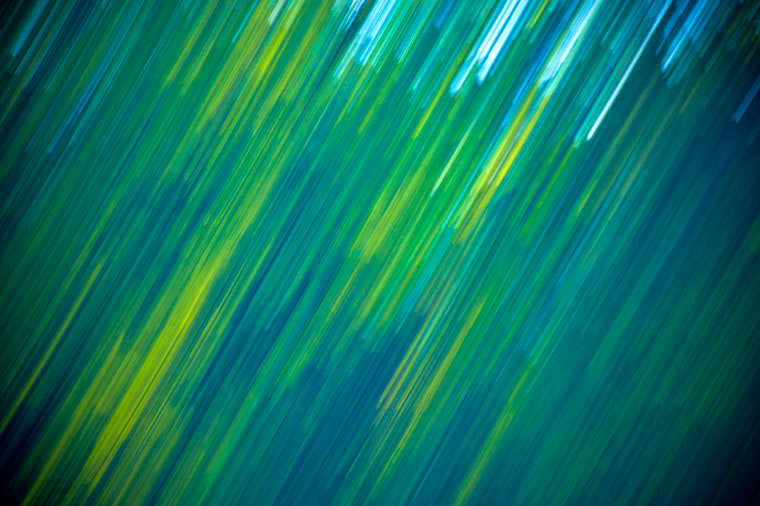
Conspiracy, or Conformity?
Many people now stand right on the line between mass consciousness and individuation. They are the ones who are bold enough to be curious and to ask questions. This implies a few things. To do this, one must be sufficiently individuated to not fear being rejected by the group. This is a big step for a lot of people, because it activates all kinds of childhood issues about being approved of, and being pushed out into the cold if you make the adults angry.
This dovetails into various matters of authority. To think for oneself, it’s necessary to have made some progress on the project of learning to be one’s inner authority and not depend on external validation — especially social validation. There are matters that throw a veil over this, particularly when fear is activated. People tend to become the most tribal and least willing to dissent when under perceived threat. Individuality is meaningless if it’s not present under duress and when there is something at stake.
As we lean into a 24-year era of Aquarius-dominated astrology, where do you stand with that? This may be difficult to observe. However, there are some pointers that may help you orient on your location. Are you willing to stand up and resist the flow of events? Are you willing to risk being unpopular and speak your mind? Can you place the truth over how you think people will feel about you? Are you willing to risk rejection to make your ideas known?
In many different environments, dissent is treated harshly. This is why there are whistleblower protection laws. Even under the most egregious circumstances, such as when crimes are being committed, most people will revert to mass consciousness and not say anything, even if it troubles their conscience. This frequently creates the illusion of a conspiracy when really what is going on is conformity. All those scientists might not lie — but nearly all would shut up if speaking up means losing their job or their whole career, and it does.

Aquarius and Digital Technology
When I refer to media theory as I’m about to do, I do not intend it as a statement of ultimate truth, but rather as a guide to the wilderness we are in.
Our global environment is now dominated by digital technology. This is influencing everyone and everything. We are living through "deep disorientation of intellect and destabilization of culture throughout the world." We live in a time when "the meaning and significance and experience of the body is utterly transformed and distorted."
The digital environment is built on an older one: the electrical grid. Electrical technology has one thing in common: it tribalizes people. One effect is to obliterate privacy, which is a tribal function. Some people may not think it’s weird, outrageous and unnecessary that cameras track your every move as you walk through a city, but I do.
While we are busy discussing "masks" and "cases" and meekly noticing the vaccine gold rush, society is designing itself into an episode of the Netflix program Black Mirror. This whole series is about the totalitarian nature of digital technology, all of which is now well-developed in China and sprouting robustly in many "free" countries including the United States. Watch any one episode to get an idea of what they are commenting on. This is not about the future. It is difficult to miss the connection to our lives now, and what they are becoming. I wish I could promise you that things are going to work out and we will find our way without anything seriously bad happening. I say that in the context of knowing that bad things are happening, and I see the potential for building a new world. Usually I am pretty optimistic.
I have my doubts, however, whether enough people are up to the task of individuating sufficiently to ask their own questions — particularly in an environment where we are being subjected to an avalanche of lies about our own health and well being. The only appropriate response to a random sheet of plexiglass hanging in the middle of the room is to laugh at it.

Preserving Our Humanity
To preserve our humanity means being willing to risk vulnerability. It also means having courage, and in particular, the courage to seek out the truth and make your own decisions, rather than be told what is so, and accepting some order or mandate not to question it. Vulnerability means staying in contact with one another as people and not as Facebook feeds or Instagram content streams. It means loving people and not "liking" what they post.
One of the apps I have found to be the most appalling, as in vile, is the one that lets you bill your friends for making them dinner, as guests in your home. Apart from the old-school value of feeding your friends for free, bear in mind that we now live in times when it’s illegal some places to have a guest; it’s considered frightening many other places and politically offensive. Many people think the only people who would dare to share a meal would all be wearing MAGA hats and standing around a barbecue.
We have a need to be social and to manage whatever this pandemic situation is or may be. The two are not mutually exclusive, in the short or the long run. And we might question why if it’s safe enough to go to Walmart, it’s allegedly too dangerous to have a friend come over for dinner.
The decision we face for the next six months, and will be making ongoing, is about what world we want to live in. But this is not about the world: it’s about what you think of yourself. Every decision you make stems from what you think you are. This works whether you recognize your perception or not; whether it’s externally driven, or based on a sincere inquiry into the nature of your being. You have options, though the choice is yours alone.
With love,

PS — Have you tried leaving home without your cell phone lately? Maybe give that a try, and see what it’s like; notice where that aligns with your sense of your own being and presence in the world. It’s legal to leave it on your kitchen table when you go for a walk. But it doesn’t feel that way.



